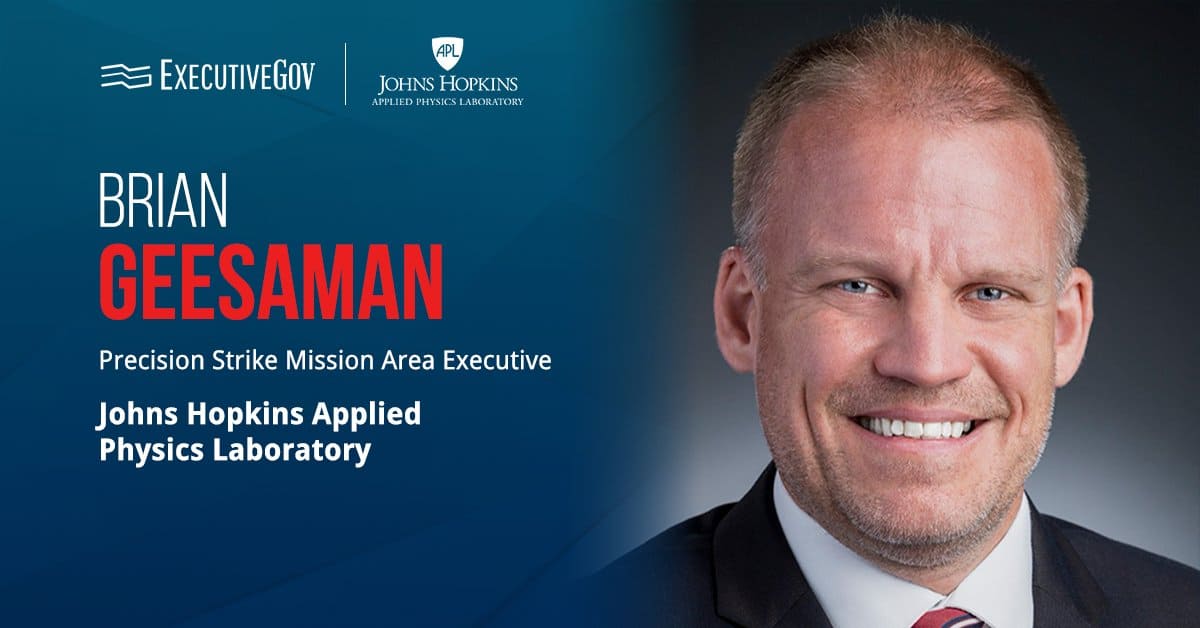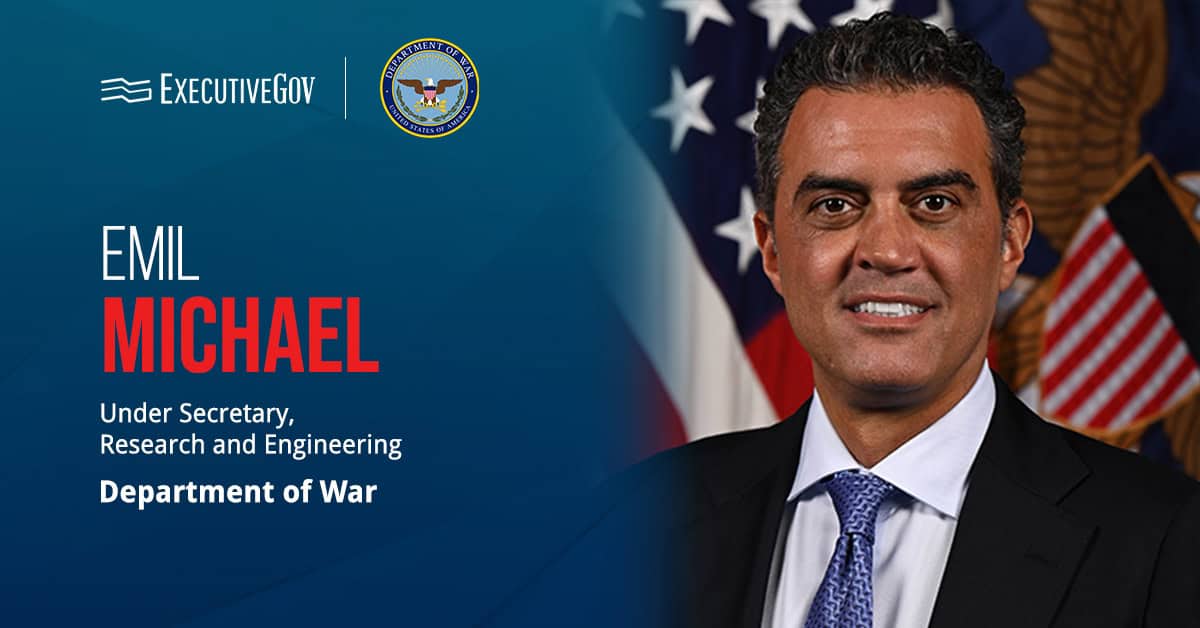
The Department of Veterans Affairs is working to augment its health care system with new implementations as part of the Maintaining Internal Systems and Strengthening Integrated Outside Networks or MISSION act. The legislation, passed in 2018, intends to streamline the delivery of health care services and help veterans access more care options that suit their needs, VA said Monday.
The department intends to do this via consolidation of different health services, and seeks to streamline appointment scheduling and community coordination upon implementation. Private sector care options would also become available under the bill.
“Veterans will continue to talk to their care team or scheduler as they have been doing to get the care they need,” said Robert Wilkie, VA secretary and 2019 Wash100 Award winner.





